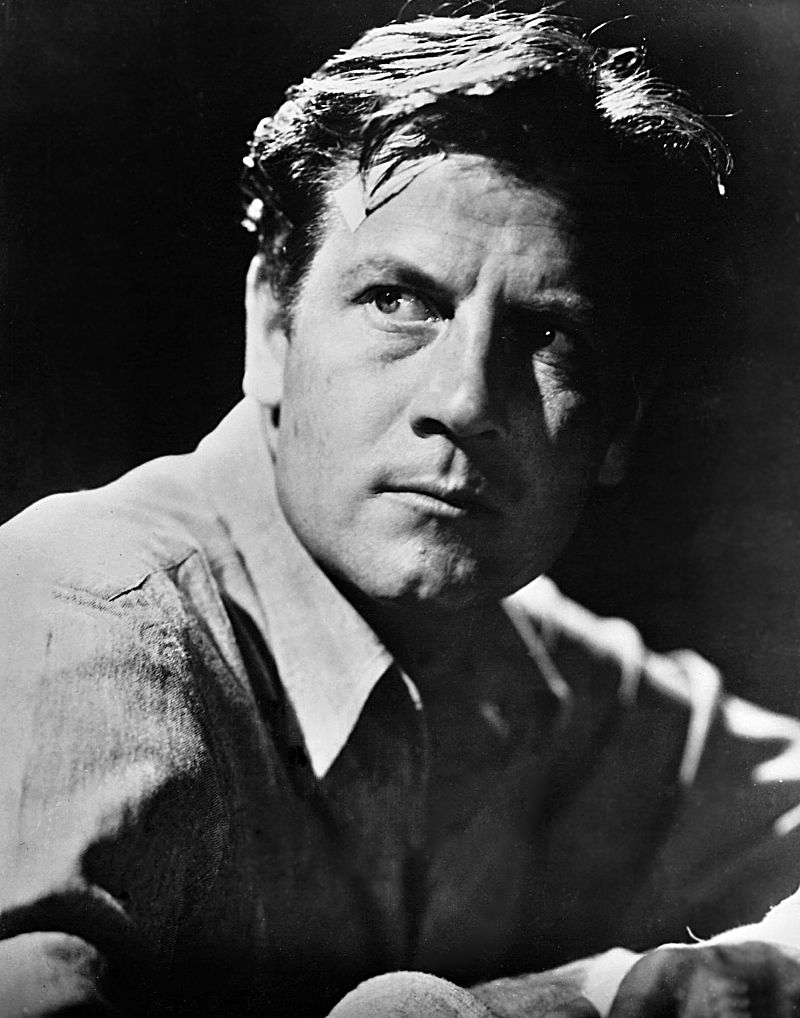Raymond Chandler’s Philip Marlowe novels have been adapted twice by the BBC. The most recent adaptations from the early 2010s starring Toby Stephens have been available as official releases for quite a while under the very similarly named collection Raymond Chandler: The BBC Radio Drama Collection. However, this relatively new collection (released in 2020) contains the 1970s and 1980s episodes, starring Ed Bishop, an American actor best known for his works with British producer Gerry Anderson.
Bishop starred in adaptations of the first six Marlowe novels, although the second novel was performed last due to rights issues: The Big Sleep, The High Window, Lady in the Lake, The Little Sister, The Long Goodbye, and Farewell, My Lovely.
Bishop is a strong choice to play Marlowe and his voice is probably better for the character than Toby Stephens, who starred in the more recent adaptations. Stephens uses a tough-guy accent like Marlowe came from the streets of Philadelphia or New York. Bishop’s voice sounds more like the Marlowe from the books, who, as revealed in The Little Sister, came from a small town. That said, it’s been a while since I’ve listened to the Stephens-led dramas, so I won’t comment on how Bishop’s performance compares in every detail. The BBC having given this an official release might allow me to do some fun comparisons as to which version better handled individual novels.
The acting is very good and they avoided the worst tendencies of British drama that feature American characters. The BBC’s portrayal of Americans were often hit-or-miss up until the 1990s, with exaggerated accents that made the entire thing very hard to take seriously. Here, the acting is right on the mark. Whether they were working with a lot of ex-pats like Bishop, or simply British actors who were skilled with American accents, I was never pulled out of the story by a bad or silly performance.
The sound is minimal and a bit primitive, but not more than most British Audio Dramas prior to the 21st Century.
The stories themselves are well-told and for the most part capture the spirit of the novels. They even did a good job adapting my least favorite novel of those featured here, The Little Sister. The biggest fault with the adaptation was an over-reliance on expository narration. Narration would be something you’d expect with hard-boiled detective stories, and in most productions, it works just fine. The problem is that each adaptation was fit into a very rigged hour and a half time slot. This worked fine for most of the novels, but for others, it didn’t. The Long Goodbye requires a lot of tough adaptation decisions as to what to include, what to exclude, and what needs to be condensed. The BBC chose instead to not decide and use expository narration a lot. Throughout The Long Goodbye, it felt like a third of the runtime was Marlowe expositing scenes that occurred off-air that probably should have been on-air. The result is an adaptation that feels a bit lifeless. This was also a problem, to an extent, with the adaptation of Farewell, My Lovely.
I think the other four stories are well done, and Farewell, My Lovely is still pretty good, but the adaptation of The Long Goodbye is disappointing despite the story being considered one of Chandler’s best.
The release includes a nice bonus, a 1958 interview of Raymond Chandler by James Bond creator Ian Flemming. The interview is really much more of a conversation between two friends who are both some of the most popular writers of thrillers in the 20th Century. It’s nice to hear it as if you’re a fly on the wall in the room.
Overall, if you’re a fan of Raymond Chandler and Philp Marlowe, this is worth checking out. Despite a lackluster treatment of The Long Goodbye, this is still a good value, particularly if you use an Audible Credit to purchase it.
Rating: 3.75 out of 5
This post contains affiliate links, which means that items purchased from these links may result in a commission being paid to the author of this post at no extra cost to the purchaser.

